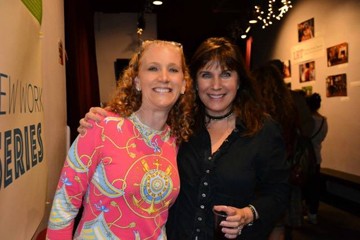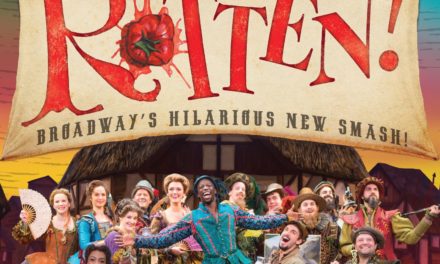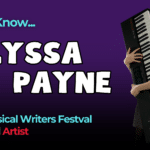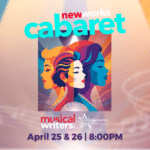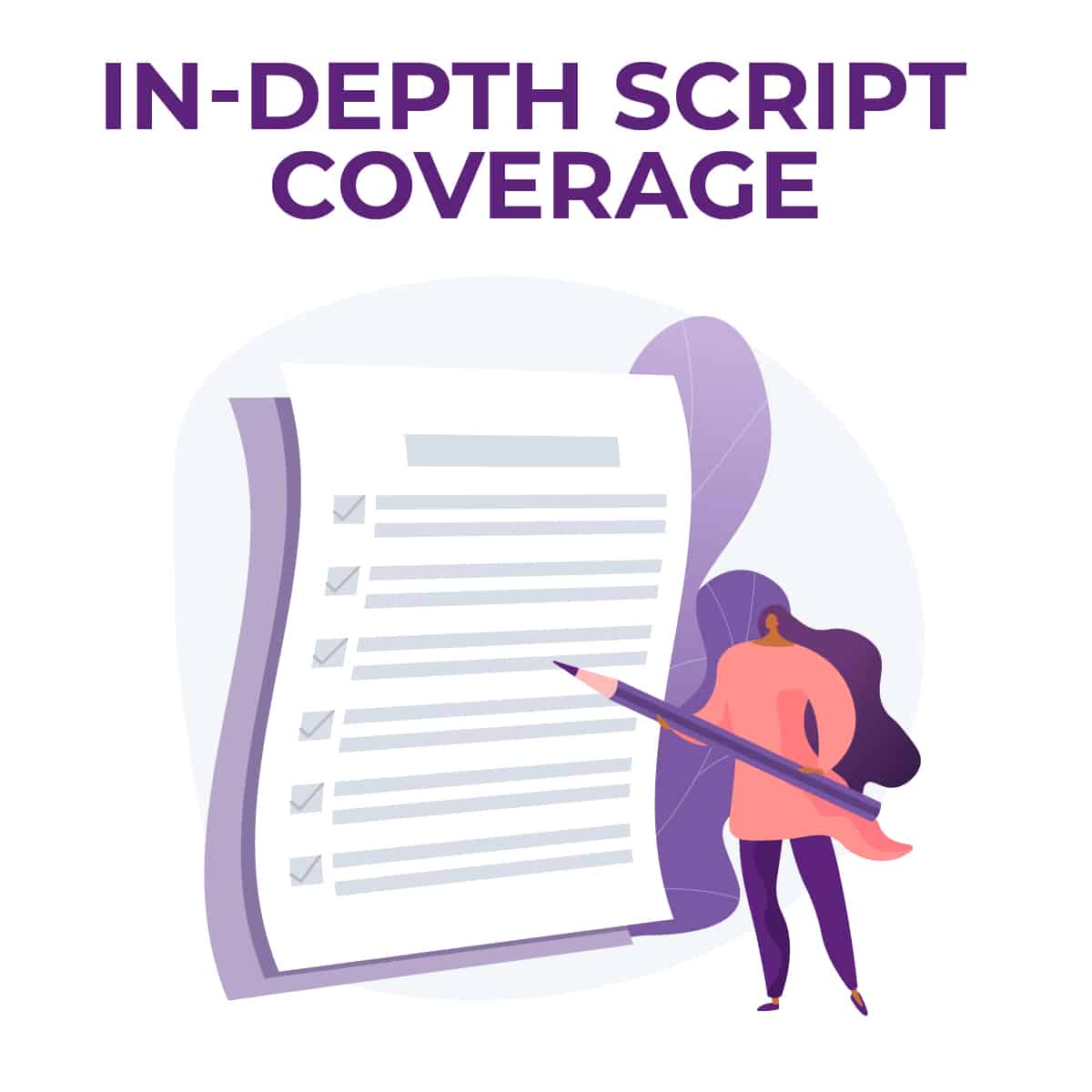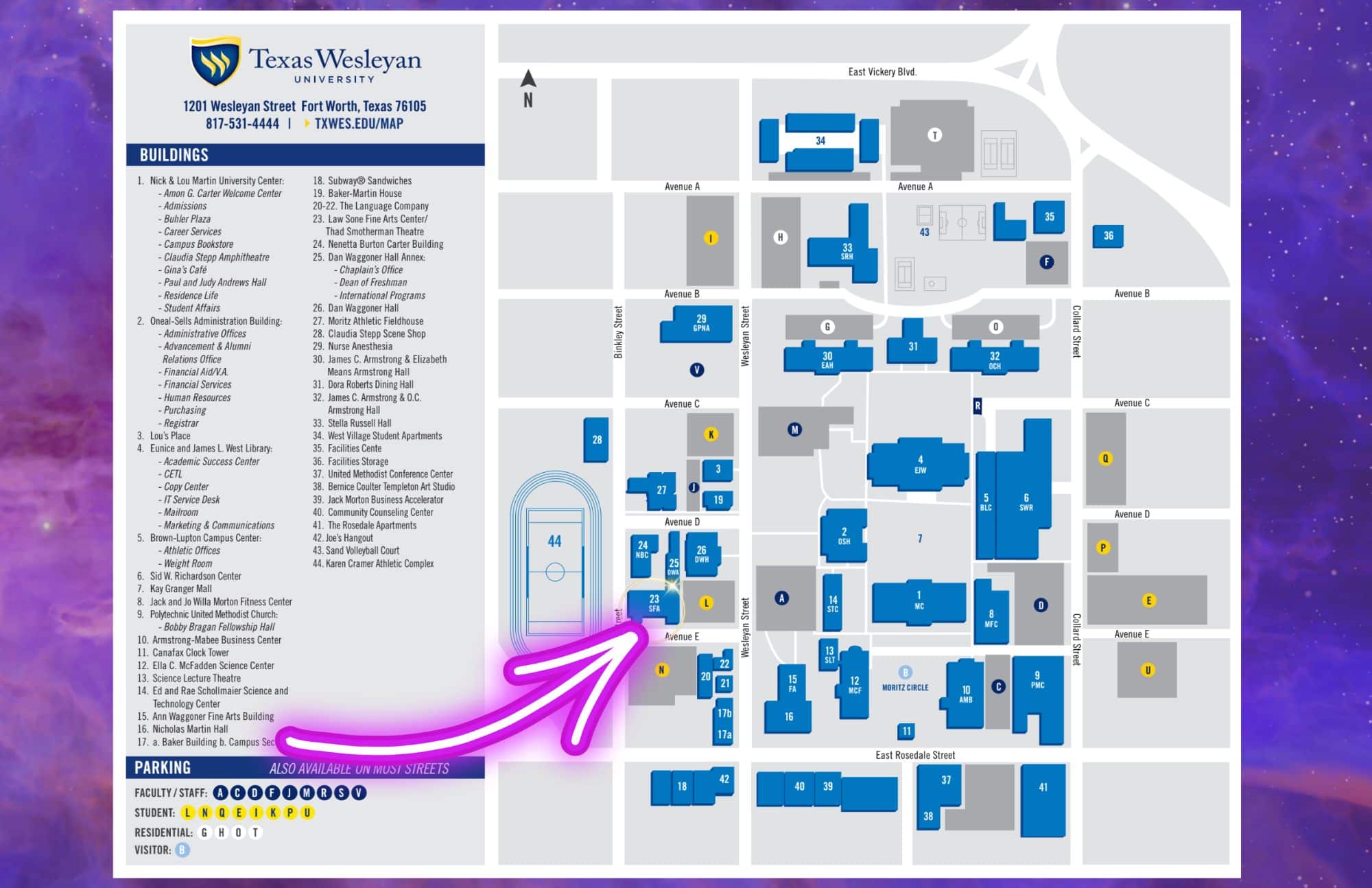Practical Points about Musical Ideas
An interview by Carol de Giere with Elise Dewsberry, Artistic Director of New Musicals Inc.
At New Musicals, Inc in Los Angeles, Elise Dewsberry and her colleagues help writers and producers get new musicals on their feet. In October 2016, I interviewed Elise about creating musical ideas.
Carol de Giere: When people are launching what could be a five year journey, one of the important decisions is whether or not their idea is actually a good idea for a musical. Would you agree?
Elise Dewsberry: Yes, and it’s a very difficult and subjective topic. I find often that people will come to me with musicals that they are either planning to write or have begun and often my response is, ‘That idea?’ I’ll help you with it if that’s what you want but, really?’ It is an important question.
CD: Do you find that writers take time to assess their story notions?
ED: Usually people are writing something because they are passionate about it, and it’s hard to get to them to consider, is there an audience for it? Is someone else going to be passionate about it? Is it a big enough idea?
I think at the core there has to be something big enough about the idea that there’s a reason to sing. There are a lot of things that make good plays because there’s a lot more freedom with a play. A play can make you think, or interest you, or just be a slice of life. But for a musical, if that’s all it is, it’s hard to think why people would sing.
From the Heart? From the Head?
CD: What might be a reason to doubt musical ideas?
ED: If something is interesting as a cerebral exercise, I’m not sure it would be a very good idea for a musical. I think an interesting example is If/Then. It’s a real cerebral exercise watching the protagonist follow these two different paths, which makes for an interesting book, but a small idea for a musical. It was slice of life with a cerebral side, but that doesn’t lend itself to music. So what ended up happening is that you had power ballad after power ballad after power ballad with Idina Menzel singing her guts out wondering if she on the right path. But it all sounded the same. Many of the songs in the show were dealing with the same moment in a way, so there wasn’t enough variety and growth.
Sondheim is sometimes accused of being cerebral, but I don’t necessarily think that’s true. Think about a song like “Children Will Listen.” He is the kind of writer whose songs enter in through your head but they don’t stay there – they go straight to your heart and make an emotional connection.
CD: Perhaps audiences don’t want to go to musicals to think really hard.
ED: Well, I don’t know about that. If you have to think really hard because your preconceptions are being challenged, or because you’re trying to figure out what you think about a topic, that suits a musical. For example a show might be about discrimination or female empowerment—something that has some power to it that you need to address in yourself – it can make you think in that way on a deep level, not simply on an intellectual level.
Broadly Commercial or Niche Show
CD: One of the things I’ve encountered is that people may want to enter the fray with a topic or approach that is very current but not necessarily a commercial idea. They might be better off writing a play that, in principle, might be easier to get produced.
ED: It’s true that for a play the theater doesn’t have to pay a band, and can have less rehearsal time; often plays have a smaller cast, so the costs are very different. But I don’t think you can tell someone that they shouldn’t write a musical because it’s a small market.
If they are going to create musical ideas for a niche market, they need to know that going in, and know that not every show goes to Broadway, not every show hits the major regionals. That doesn’t have to be how to measure success. You have to be smart enough to find out where is your market.
A few years ago at NAMT there was a show called Hostage Song that was about two hostages of Iranian Terrorists and they were blindfolded and tied back-to-back for the entire musical. Pretty much the whole show, besides being static, was all in past tense because it was talking about the past as the hostages got to know each other. It was powerful because it was about powerful things, but it was a very niche market piece. I wouldn’t want to tell those writers not to write that show. But to writers with niche market pieces I say, “You’re going to have to do the legwork it takes to find theatres that will do that kind of work.”
On the other hand, theatres that are interested in doing that kind of work will probably jump on it once they hear about it, whereas if you’ve done something more mainstream, the competition is going to be a lot stiffer for you to get it put on somewhere.
Adaptations or Originals
CD: Let’s talk about original versus adaptation. Do you have any comments about the value of adaptations?
ED: Everybody seems to want to write an original musical, but if you look historically at what succeeds, its adaptations. Writing a musical is difficult enough; you don’t have to feel it’s taking away from your creativity because you’re adapting the material. There is still plenty of creative work to do if you’re adapting.
There are faithful adaptations and there are freer ones where you can still recognize the piece but it turns it around. West Side Story takes elements of the story of Romeo and Juliet and puts them in a new context.
Borrowing a Structure
(ED Continued) There’s even another form of adaptation, which I encourage people to try when considering musical ideas: That is to find a story that’s not well known and adapt just the bones of the structure. Then when you are faced with those decisions about what to do at different plot points, the original structure can help you with those decisions – how did the writers do it? Or perhaps you like the basic story but feel you want to change where you feel they took a wrong turn. You don’t have to be a slave to the original because no one is going to know what your model was. It’s a huge endeavor to piece an idea together and make the book, music, and lyrics all seem like they are telling the same story, so starting with at least some kind of a model is a smart idea.
It’s a huge endeavor to piece a musical together and make the book, music, and lyrics all seem like they are telling the same story, so starting with at least some kind of a model is a smart idea.
~Elise Dewsberry
You can even go back to a Bible story. There are so many things in the public domain: Shakespeare, Bible stories, and all kinds of short stories and novels. People don’t necessarily need to recognize your source. Or you can take a basic story that a lot of people know and look at it through a different lens. If you are making changes for good reasons, to make the story stronger, audiences are okay with that. There’s nothing wrong with trying to write an original musical, but you will need to be a good playwright or have a really good dramaturg to help you with the structure.
Read more about creating musical ideas in the book Writing Musical Theater by Allen Cohen. Chapter 2 is dedicated to “The Idea.”



